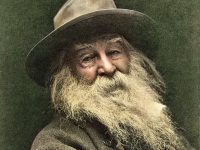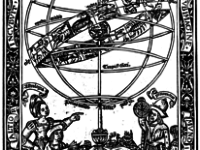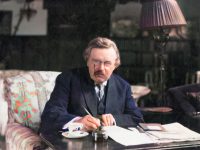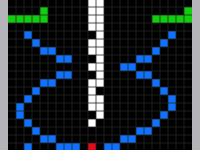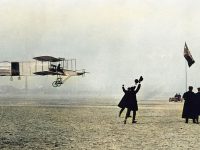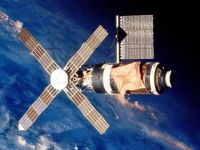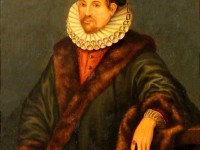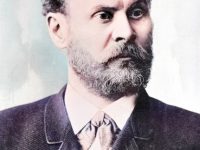The Poetry of Walt Whitman
On May 31, 1819, American poet, essayist and journalist Walt Whitman was born. Whitman is among the most influential poets in the American canon, often called the father of free verse. A humanist, he was a part of the transition between transcendentalism and realism, incorporating both views in his works. “It is a beautiful truth that all men contain something of the artist in them. And perhaps it is the case that…
Read more

